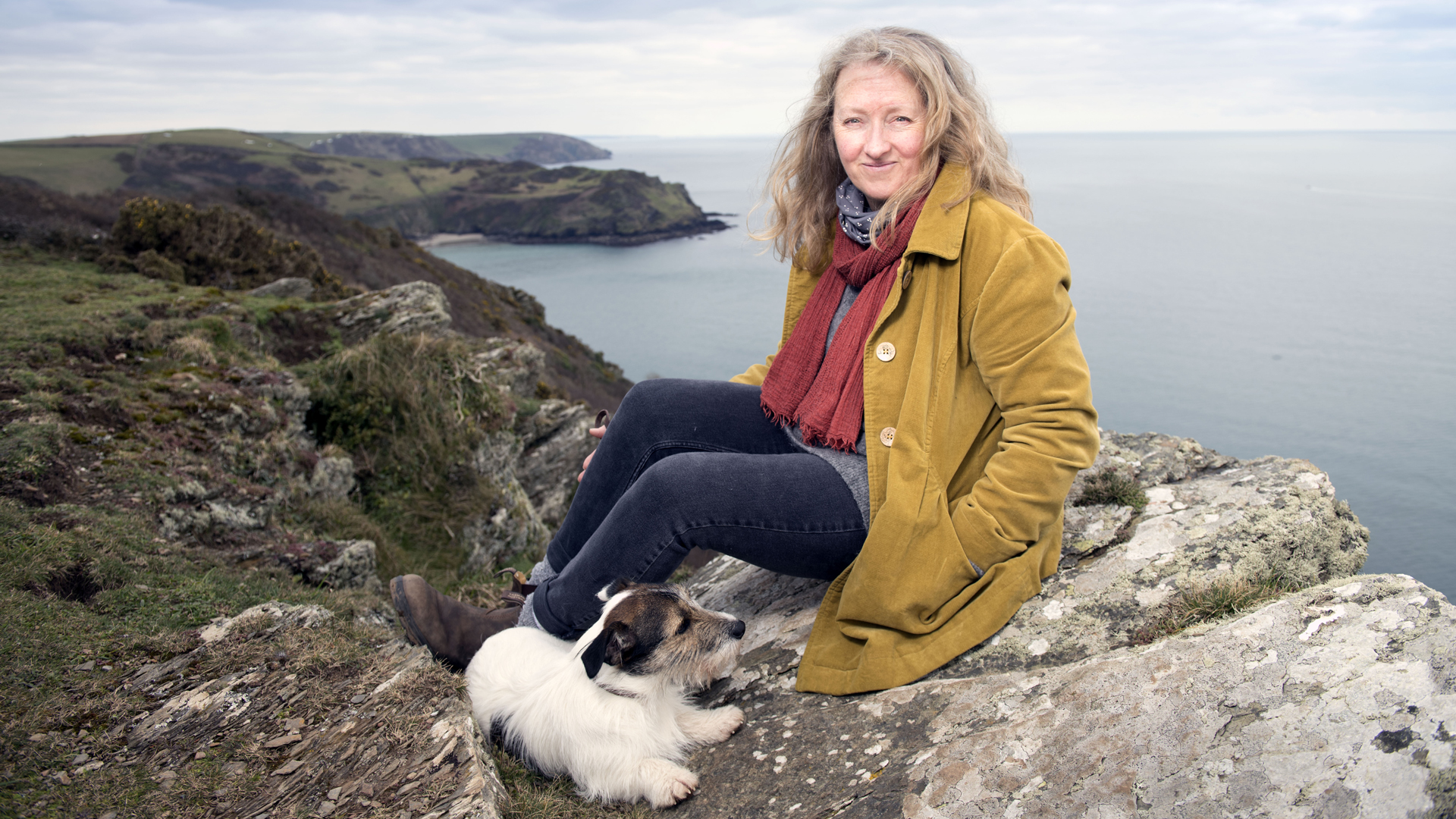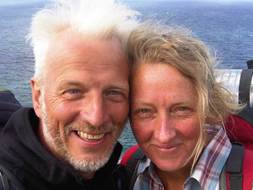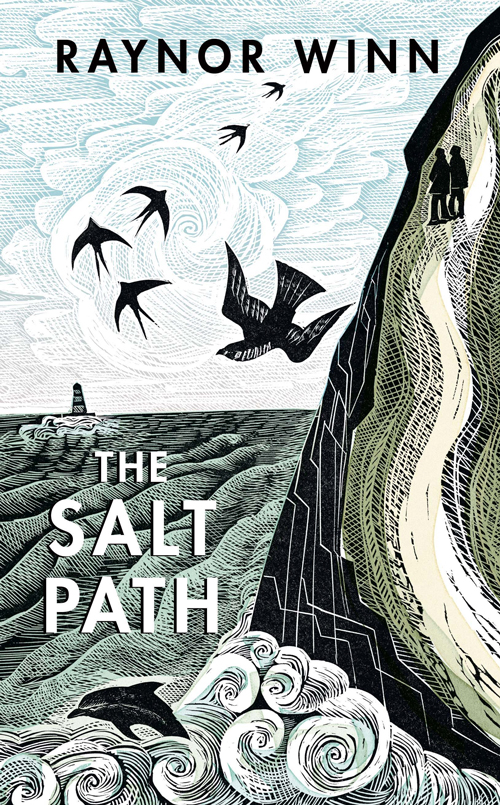Late summer on a damp, misty day, I was walking on the coast path, as I do most days now that I live where the South West Coast Path passes my front door. Through the fog I spotted a man with a full rucksack walking towards me. Not your average backpacker, he had a face full of piercings and a yellow road worker’s waterproof. We met at a gate and I started the usual conversation – “Hi, it’s wet, where are you heading?” – and he went on to tell a great tale. He was sleeping on the streets in Exeter when he read an article in The Big Issue about a woman who was homeless, but walked the SWCP.
So he thought he’d do the same. When we met he’d been walking for a week and said: “It’s the hardest thing I’ve ever done, but the best, I feel different already.” He wouldn’t come back with me for a meal, he said he had to carry on. As he walked away with a real sense of purpose, striding confidently over the headland, I could still hear his voice: “I’ve changed, I know I won’t go back to my old life.”
I hadn’t told him that I’d written the article that was published by The Big Issue in July 2017. Or that I walked the 630 miles of the SWCP homeless, with very little money, sleeping wild on headlands and beaches. That didn’t matter, what was important to the man that day was his focus.
He wasn’t just walking, he was moving his life forward, his self-belief growing as he did so. When my husband Moth and I began walking we were in a state of despair following the loss of our home and Moth’s diagnosis with a terminal illness. But as we walked, each step taken encouraged us to take the next, each hill climbed was a success and the wild landscape of sea and sky became all the reason we needed to go on. With the passage of time our journey became a walking meditation, allowing us to leave the past behind and look to the future with hope.
Every day I see people walking on the SWCP, our longest national trail. Many of them are out for the day, but others are walking further over a number of days, and very occasionally in ones or twos people are following the whole path. The UK is crisscrossed by a myriad of over 140,000 miles of national trails and public footpaths, endless space for us all to enjoy. But few fill a rucksack and set out on an epic trek to spend weeks walking in nature. So as I’ve watched walkers pass the gate it’s been enlightening to explore what drives those who do, and surprising to find that the answers weren’t as obvious as I might once have thought.
When I wrote about our experiences of being homeless on the SWCP, I didn’t consider that others would take our story as an inspiration to help them overcome their own issues
Before I left the tarmac in Minehead to begin the SWCP, I thought most long-distance walkers were all rough tough types who walked as a form of sport, as a way of testing and pushing their endurance boundaries. I’ve discovered many of those, many who walk with their heads down, clocking up the miles and ticking the boxes. I spent much of our walk feeling ecstatic if we walked seven miles a day, so I have every respect for those who can perform amazing feats of athleticism. Then there are others who say they’re walking hundreds of miles for a long holiday and for the adventure, but when you dig a little deeper they are often looking for some form of solace in nature. Many are escaping stressful jobs and pressured modern lives, driven to the natural environment to disconnect. Then there are those who are trying to come to terms with events in their lives that have caused them anguish, looking for a space which might allow them to let go of trauma.











